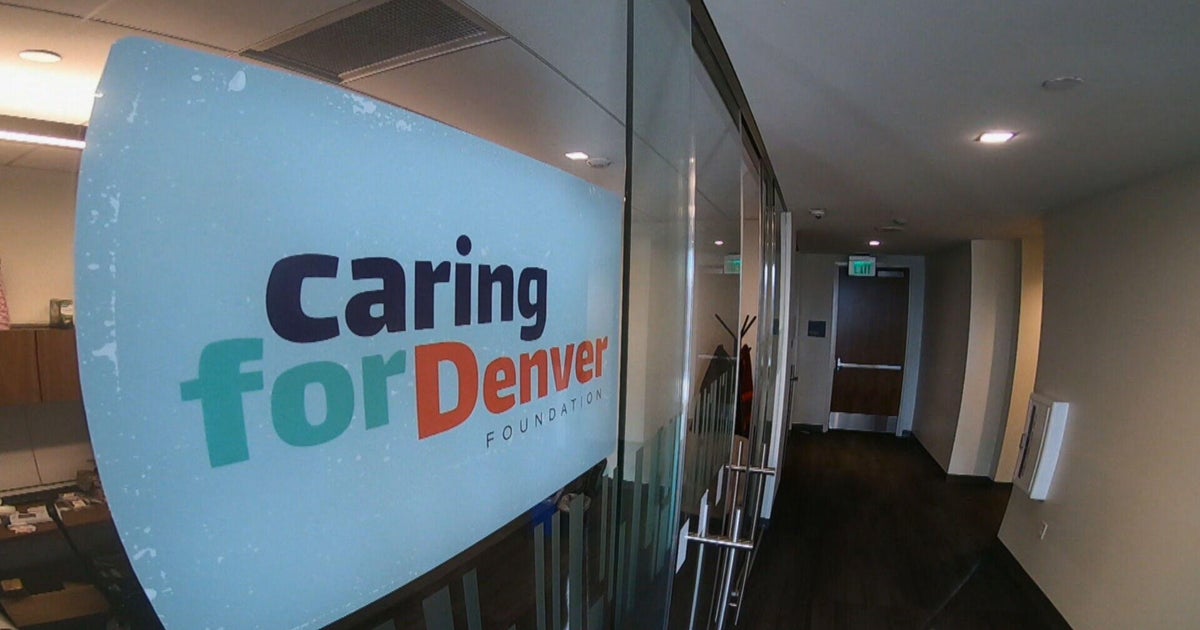50-plus? Get ready for bigger health care bills
As the Republican leadership’s bill to repeal and replace Obamacare hits the House floor as early as this week, older Americans may need to brace themselves. Health care consumers between the ages of 50 and 64 -- old enough to have serious health care needs but too young to sign up for Medicare -- are expected to see a significant increase in health care costs.
“Older Americans get hit two ways with the proposed Republican plan,” said Lydia Mitts, associate director of affordability initiatives at Families USA, a health advocacy group. “There are the changes in tax credits, and there is also a change in the way insurers are allowed to charge premiums for older adults,” she explained.
Costs are bound to rise
First, let’s look at the tax credits. The House Republican plan, called the American Health Care Act, proposes shifting tax credits for health insurance premiums from an income-based system to an age-based system. Under the new plan, all consumers buying health insurance would receive a refundable tax credit ranging from $2,000 a year for people under age 30 to $4,000 a year for people age 60 and over. Credits phase out for those earning over $75,000 in annual income or $150,000 for married couples.
Several expert analyses show that in many cases, these credits will end up being smaller than the subsidies currently provided by the Affordable Care Act for older low- and middle-income Americans. For example, a 60-year-old with $20,000 in annual income would receive almost $10,000 in ACA subsidies compared to $4,000 from the Republican plan, according to the Kaiser Family Foundation. A 60-year-old earning $40,000 would see a tax credit under the GOP plan that’s $3,000 lower than that person’s $7,000 Obamacare subsidy.
At the same time, health insurance premiums for most older Americans not yet on Medicare are expected to increase because of what’s known as “age-rating.” Health insurers have long used age as a factor in determining the cost of health insurance premiums, and most states allow this.
But the Affordable Care Act restricted what insurers could charge based on age. Under the ACA, premiums for people 64 and older can’t be more than three times the price someone in their 20s would pay. A 50-year-old would pay no more than 1.78 times what younger people pay.
The House Republican bill would increase those restrictions, allowing insurers to charge older Americans as much as five times more than what those ages 20 to 29 would pay. An AARP Public Policy Institute report analyzing the change in age rating limits found that premiums for people 60-plus would increase 22 percent, or $3,192 per year, on average to $17,916.
People age 50 to 59 would see a 13 percent jump, to an average of $12,840 per year. These increases would occur as the amount of government tax credits for low- and middle-income seniors would decrease, causing an even higher jump in what older Americans pay for health insurance, said AARP.
Coverage will likely decline
The Republican bill may hurt seniors in other ways as well. “Older American will not only see premiums increase, but they will be paying higher premiums for less coverage,” said Families USA’s Lydia Mitts. The ACA provided a minimum requirement for coverage that would no longer apply in the House Republican bill, she explained.
That minimum was the equivalent of the average ACA bronze plan with a deductible of just over $6,000 (or for young adults, a catastrophic plan). The house bill would repeal those standards, allowing insurers to impose higher deductibles, said Mitts.
Some checks would remain in place. The House bill wouldn’t remove the annual out-of-pocket health care spending limit for individuals, which this year is $7,350. In other words, once consumers hit that number in health care costs, insurers must fully cover any other medical bills that year, regardless of their deductible.
Nonetheless, Mitts projects a shift toward higher-deductible plans under the new proposal. By default, she said, that may cause a lack of access to care, especially among older adults. “If a plan covers something like, say, prescription drugs, but not until you spend $7,000 out-of-pocket, that’s not likely to help low- and middle-income people,” said Mitts.
Continuous coverage may be a problem
Republicans are maintaining the popular ACA provision that prevents insurers from denying coverage based on a consumer’s health history. What’s more, insurers may not charge higher premiums for people with preexisting conditions. That’s good news because people 50-plus are more likely to have a preexisting health issue.
But under the American Health Care Act, starting in 2019, if you let your health insurance coverage lapse for more than 63 days before reapplying, you would owe a 30 percent surcharge on your premium. This is likely to affect the 50-plus crowd more than younger adults because older workers are more likely to be laid off or otherwise lose employer-sponsored insurance.
Newly unemployed, this group may also have trouble affording COBRA or a private health insurance policy to maintain coverage.
On second thought...
After a Congressional Budget Office analysis last week concluded that older people would likely pay higher premiums under the proposal to repeal and replace Obamacare, some Republicans expressed reservations. Indeed, House Speaker Paul Ryan said Sunday that he will seek changes to the GOP health care bill to provide more help to older people hard hit by the plan.
Speaking on “Fox News Sunday,” Ryan said he believes the CBO analysis is not accurate but agreed that people in their 50s and 60s experience higher health care costs. As a result, he said there will be some “fine-tuning improvements” to the law that will help assuage some members’ “concerns.”
The Wisconsin Republican says “we believe we should offer more assistance than what the bill currently does” and that it’s one of several possible revisions to help round up enough House votes for the bill.
A House vote on the plan is scheduled for Thursday.



